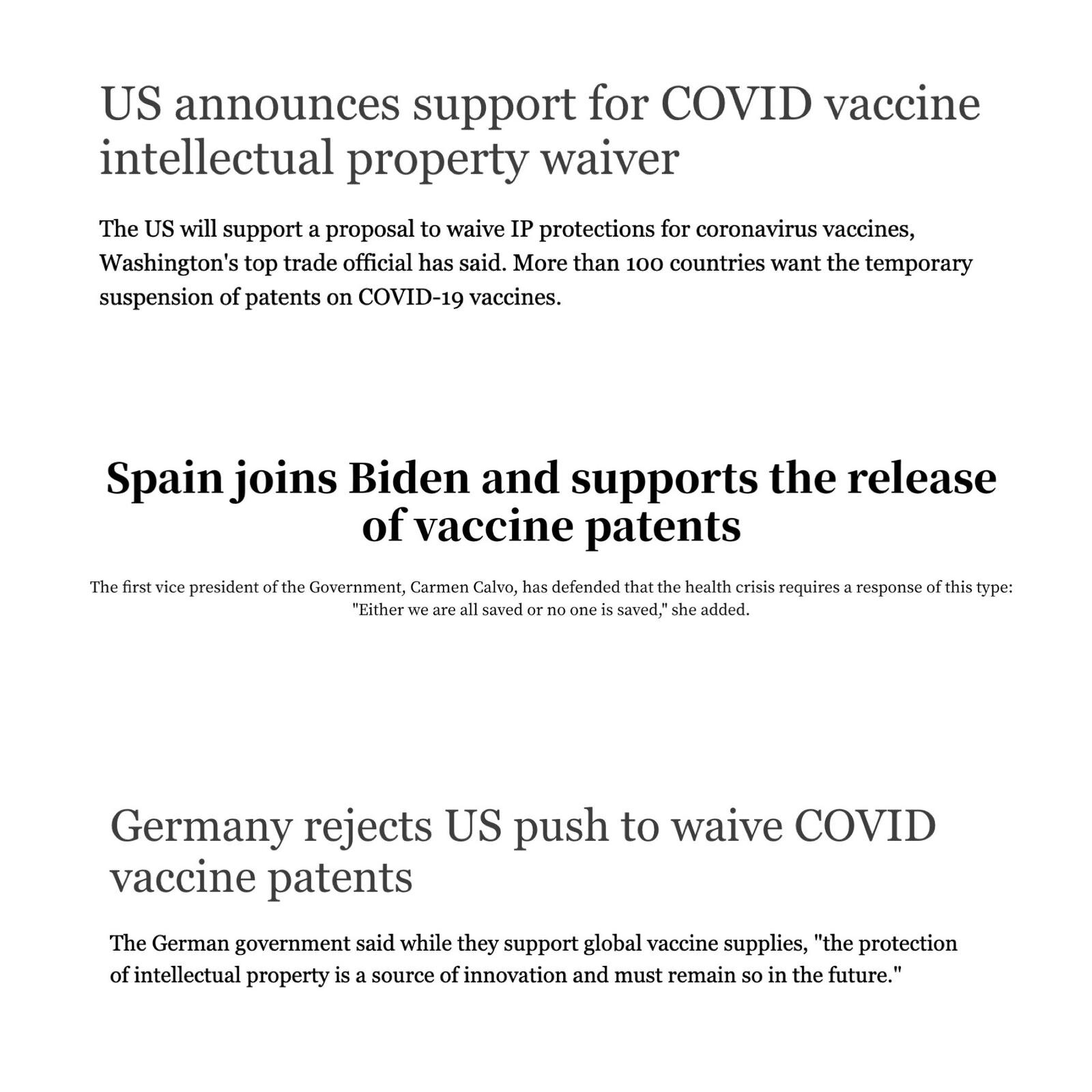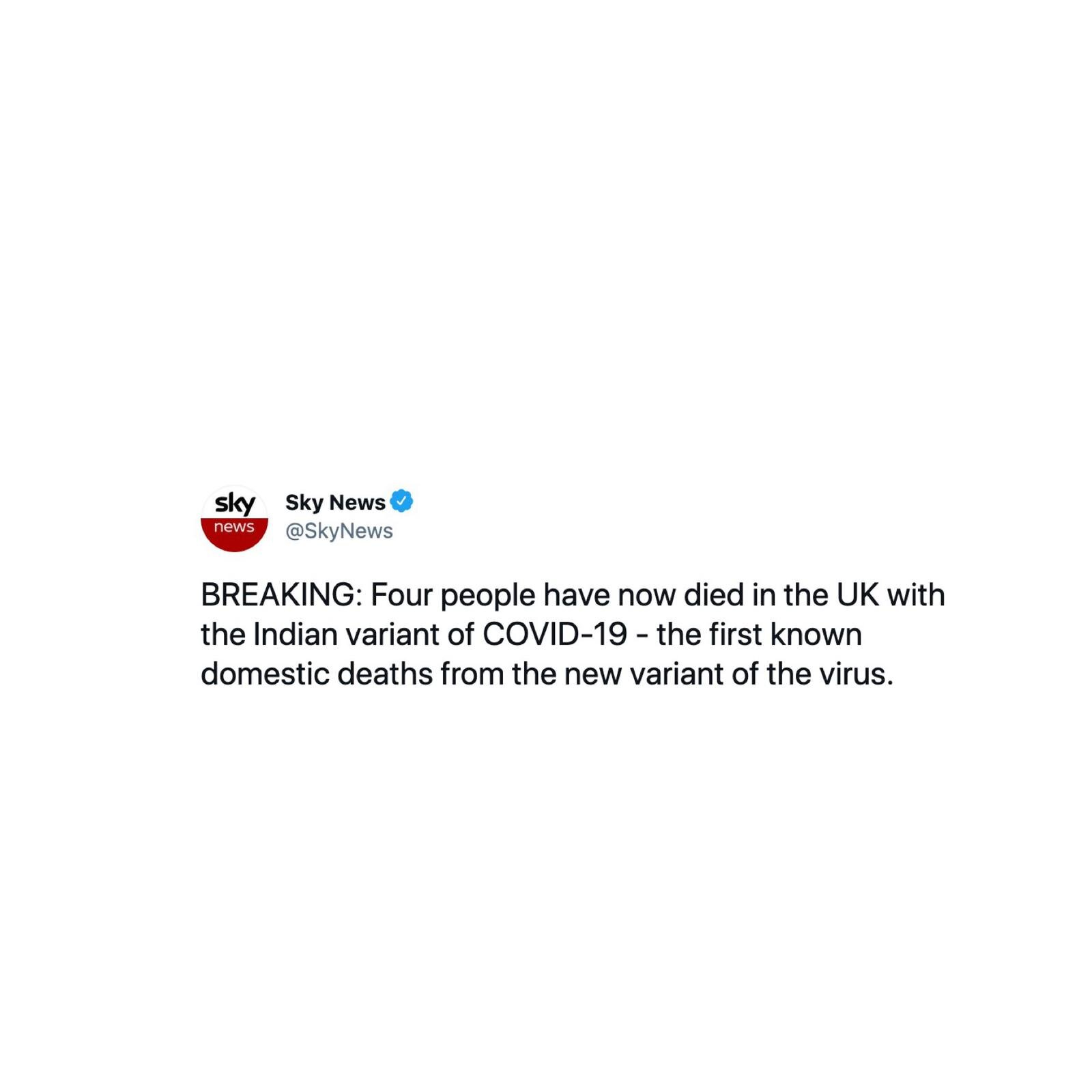COVID19: “Either we are all saved or no one is safe”
If you are reading this and you are based in the United Kingdom, I think I am right in speculating that you currently feel some sense of relief, excitement, anxiety or all of the above as we step in phase 3 of the roadmap out of lockdown. A lockdown that our Prime Minister announced on the 23rd of March 2020 stating the “UK can turn the tide of coronavirus in 12 weeks”. Well, it only lasted 1 year 1 month and 3 weeks and will be continually reviewed; we aren’t out of the woods yet. So, yes, phase 3! I am looking forward to indoor seating in restaurants (I am not committed enough to eat out in the cold) and I am excited to regain access to the hot yoga studio!
We have experienced 3 national lockdowns, various restrictions in the form of tier systems and several public health measures including the vaccine campaign. We’ve stayed home, shielded, isolated, mass tested, and most recently seen the roll out of the vaccinations. As it stands, in the UK, more than 33 million people have had their first dose of the vaccine and eight million have had their second vaccination. A single dose of the vaccine can reduce household transmission of the virus by up to half.
Some of these measures have been met with both compliance and scepticism. A direct outcome of compliance can be seen as 50% of the UK population is now vaccinated. We have also seen resistance in the form of lockdown protests. Research carried out to attempt to understand compliance or non-compliance to public health measures has been segmented by ethnicity, level of education and even employment status. This research has shown and suggested that black and ethnic minority communities are least likely to take the vaccine in comparison to white communities. However, this rate has fallen from 44% (13 January to 7 February) to 22% (17 February to 14 March).
It is key to remember here that in any uncertain situation, a pandemic being an example of one, trust plays the biggest role in compliance to a set out strategy – this includes public health measures. Trust in the motives of the Government and trust in science and the staff developing vaccines and generally advising on these measures. Research conducted by the London School of Hygiene and Tropical Medicine in April 2020 showed that 52% of respondents thought the Government were doing a good job to control the spread of the pandemic. Out of 9000 respondents to this survey, there was a very low response from black and minority ethnic communities. This shows that the scepticism goes across ethnicity lines. Notwithstanding, black communities have a history of mistrust with the Government (lived experiences of slavery) and the scientific communities (unethical medical practices).
While in the UK, we feel some sense of relief, unfortunately, this feeling is not global. Just 2 weeks ago, India recorded more than 300,000 positive tests each day for a week. Medical supplies are being shipped from 15 countries, estimations suggest India would need about 500,000 ICU beds and 350,000 medical staff in the next few weeks. This is a stark difference compared to the current 90,000 ICU beds it has that is almost fully occupied. We can explore all the reasons why there is this second surge and critique what has been done or left undone but now is not the time. What we need to focus on is what can be done now. Countries like India do not have the same privilege to put in place the types of public health measures that the UK has, especially in terms of vaccine roll out.
Just to be clear, this article is not to debate the efficiency of vaccines including the COVID-19 vaccine (I’ll focus on this in another article). However, it is worth stating that as a scientist with a PhD in infectious diseases and global health, I am pro-vaccines and believe in vaccine rollout as a public health measure. Rather, my hope is that, this article highlights the inequities in public health measures such as vaccine rollouts and challenge us to think about sustainable ways of addressing these.
Israel is leading the charge in terms of vaccine roll out with 62% of its population vaccinated, followed by the UK with 52% compared to India that has vaccinated 10% of its population. Access to vaccines is a privilege and affected by various factors primarily finance. The patents of the vaccines against COVID-19 developed by private pharmaceutical companies such as Pfizer and AstraZeneca to name a few has made it difficult to produce more and roll out to other countries specifically developing countries. The Biden administration released a statement in support of the release of patents, this has been supported by Spain and in accordance with other countries such as India and South Africa. Unfortunately, this has been met with resistance from pharmaceutical companies as well as Germany rejecting this push to waive COVID vaccine patents.
While I understand the need to protect intellectual property, right now, this feels like greed. There is a challenge and there is a solution but only some people have access to this solution – that is the definition of inequality. The impact of COVID19 as we know go beyond our individual health, the longer it lasts, the longer economies suffer, the more limited access to opportunities etc.
Furthermore, in this interconnected world, none of us are safe until all of us are safe. This can already be seen as sky news announced four people have now died in the UK with the Indian variant of COVID-19.
As we debate on the way forward, we need to remember that the balance of power (that includes economic power) between high income countries and low-income countries affects every single outcome including health. Delaying to act only widens the gap. When we think about strategy, we need to remember that while there are several initiatives raising funds for the provision of the vaccines for example the Global citizen concert COVAX live, there is also a cost (approximately $1.5 per dose) associated with rolling out the vaccine which is usually not accounted for or underestimated. As we, the lucky ones be it as a result of being geographically based in a country that has access to finance, vaccines and healthcare, take a deep breath and wish the pandemic away, let’s remember there will be another epidemic or pandemic and we still are not prepared. We rewrite the same lessons from past epidemics but somehow, we fail to learn from these lessons and resist implementing the necessary change.
My hope is that:
1) We create a sustainable financial model accompanied by ethical laws that will see Intellectual property and lives protected in the face of such scenarios (a pandemic)
2) We create a sustainably financed World Health Organisation that is independent of national politics. We needed a global leader during the COVID19 pandemic and unfortunately, we didn’t have one.
Sending the most heartfelt condolences to the families of the 3,372,019 who have lost their lives to date as a result of the COVID19 pandemic



